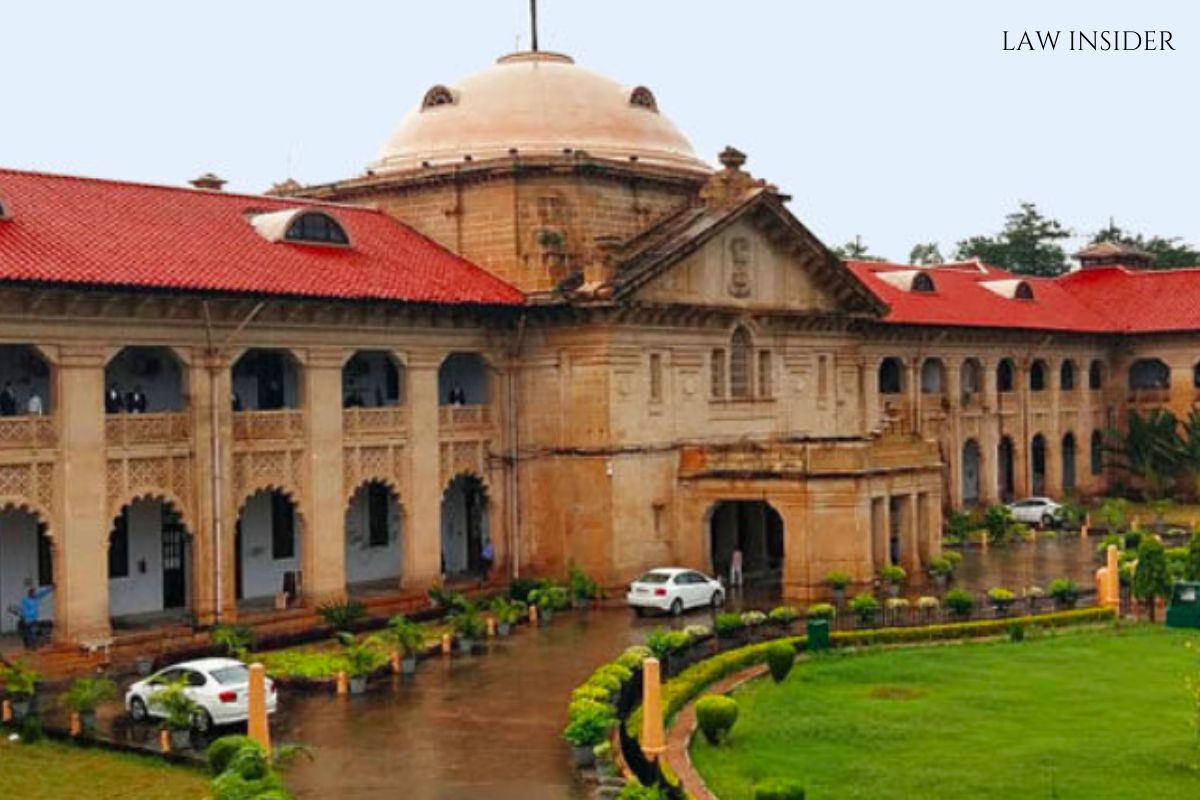LI Network
Published on: October 12, 2023 at 17:01 IST
The Allahabad High Court, in a recent case (Vivek Saran Agarwal v. Union Of India and 3 Others), refused to quash orders and notices issued under Sections 147 and 148 of the Income Tax Act, 1961, in writ proceedings under Article 226 of the Indian Constitution.
The court emphasized that the Income Tax Act provides alternate remedies for the assessment process, and therefore, the writ jurisdiction need not be invoked.
The petitioner was issued a notice under Section 148A(b), after which the Assessing Officer passed an order under 148A(d) and issued a consequential notice under Section 148 of the Income Tax Act.
The petitioner filed a return of income declaring a total income of Rs. 12,69,380. Intimations were issued for the completion of the assessment under Section 144-B, and various notices under Section 142(1) of the Act were sent to the petitioner, to which they replied with all relevant documents.
Despite the petitioner’s responses, the Assessing Officer proceeded with an order under Section 147 read with Section 144-B of the Income Tax Act and issued a demand notice. This order, along with the notice under Section 148, was challenged before the court.
The petitioner argued that they fell under the first proviso to Section 147 of the Act, as there was no allegation of income escapement within four years from the relevant assessment year, March 31, 2020.
Citing the Supreme Court’s decision in Commissioner of Income Tax, Delhi vs. Kelvinator of India Ltd. and the Allahabad High Court’s decision in Awlish Kumar Singh vs. Union of India, the petitioner contended that reassessment cannot be initiated based on a change of opinion and to review an already concluded assessment.
The court, in its decision, noted that the reply provided by the petitioner was considered but found unsatisfactory by the Assessing Officer.
The court pointed out that the Revenue had information suggesting that income chargeable to tax had escaped assessment for the Assessment Year 2015-16, which was the reason for the subsequent proceedings under Section 148.
The court explained that the Income Tax Act’s scheme provides a detailed procedure under Section 148 for issuing notices, followed by a determination by the assessing authority to assess whether income has escaped assessment.
The petitioner has the opportunity to present their defense on all permissible grounds at this stage. The ultimate determination made by the assessing authority under Section 147 for reassessment is subject to appeal under Section 246-A of the Act.
The scope of the decision under Section 148A(d) is limited to whether information suggesting income chargeable to tax has escaped assessment exists.
The court held that the merits of the information are subject to reassessment proceedings initiated through a notice under Section 148. Therefore, issues requiring determination at the reassessment stage do not need to be addressed at the Section 149A(d) decision stage.
The court also cited the Supreme Court’s decision in Anshul Jain vs. Principal Commissioner, Income Tax, concluding that orders under Section 148A(d) and consequent notices under Section 148 are appealable under Section 246-A of the Act, making them ineligible for interference through Article 226 of the Constitution of India.
In light of these considerations, the court dismissed the writ petition.

